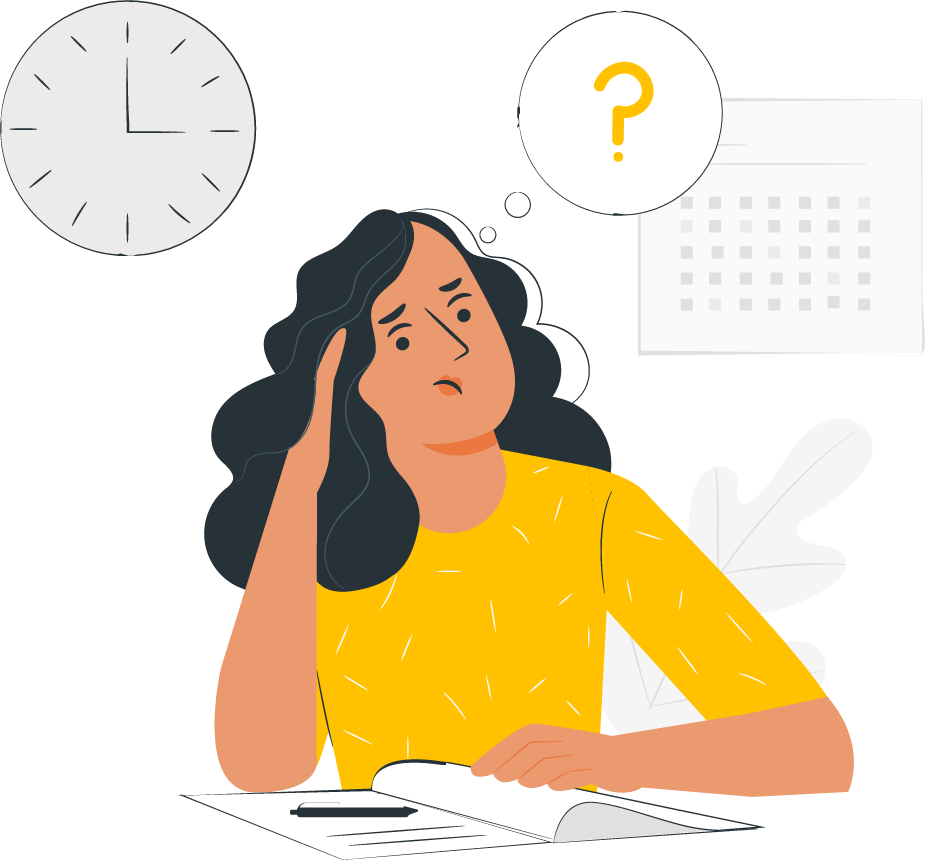
The newest thing of a foreign language is its sounds. There are two type of learners, the ones who are in hurry and just learn the meaning of new words and the other ones who listen to the teacher and take time to pronounce the new words clearly. We at DLG put a focus on the rhythm and melody of German words at A1 level, so that learners adapt the habit of learning words with correct expression.
By making the learners repeat after multiple times, words become part of fixed memory. We at DLG believe that the flow of spoken German is much rounded when learner knows how to say single words. Talking dictionaries are of great help here. We recommend 2Ps, patience and practice.

Absolutely! Pronunciation is indeed a crucial first step in learning any language, including German. It lays the foundation for effective communication and helps you develop a good understanding of the language’s sounds and speech patterns.
To improve your German pronunciation, here are some key tips to keep in mind:
– Familiarize yourself with the sounds: German has a set of unique sounds that may be different from those in your native language. Pay attention to sounds like “ch” (as in “Bach”), “ü” (as in “für”), and “ö” (as in “Hören”). Listen to native speakers, watch videos, or use online resources to practice these sounds.
– Master the pronunciation of the German alphabet: Learn how each letter is pronounced in German. While many letters have similar sounds to English, there are some differences. For instance, “w” is pronounced like “v” (as in “Wasser”), and “v” is pronounced like “f” (as in “Vater”).
– Pay attention to stress and intonation: German words have specific stress patterns, meaning that certain syllables are emphasized more than others. Additionally, pay attention to the rise and fall of intonation in German sentences, as it can affect meaning and convey emotions.
– Practice speaking aloud: Regularly practice speaking German words, phrases, and sentences out loud. This will help you get accustomed to the sounds and rhythm of the language. You can find language exchange partners, join conversation groups, or use language-learning apps to practice speaking with native speakers.
– Use pronunciation resources: Utilize online resources, such as pronunciation guides, audio recordings, and language-learning platforms, to improve your pronunciation. These resources often provide exercises and examples to help you practice and refine your skills.
– Seek feedback: Whenever possible, seek feedback from native speakers or experienced German learners. They can point out specific areas where you may need improvement and provide guidance on how to correct any pronunciation mistakes.
Remember, pronunciation takes time and practice to master, so be patient with yourself. The more you expose yourself to the language and actively engage in speaking, the better your German pronunciation will become.
Thanks Dr. Sahiba for sharing your knowledge. Indeed, insightful.
Your DLG Team